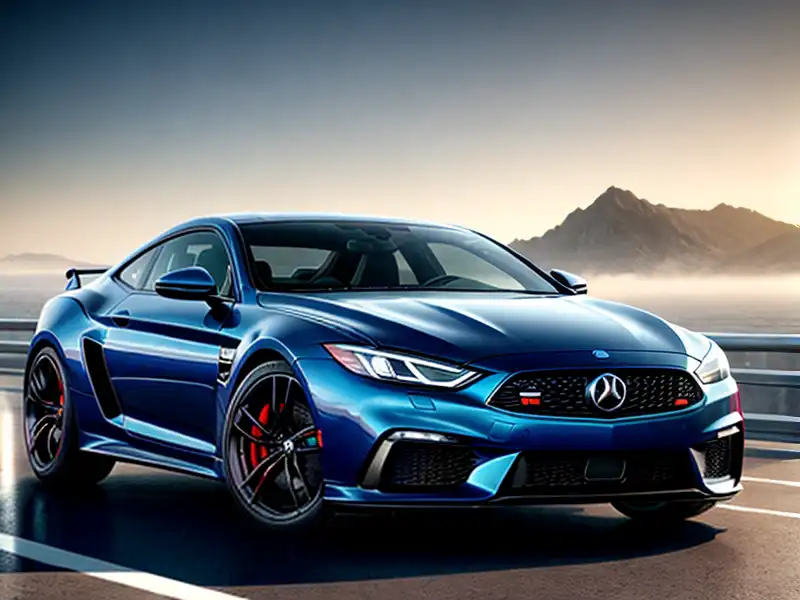The Psychology of Car Color: How It Reflects Your Personality

Have you ever noticed how certain car colors catch your attention more than others? The color of a car not only affects its aesthetic appeal but also reflects the personality of its owner. From understated elegance to bold expression, car color choices often offer a glimpse into an individual's traits and preferences. In this article, we will delve into the psychology behind choosing the perfect car color and how it can define your personality.
The Impact of Car Color on Perception
When we first lay our eyes on a car, its color is one of the key factors that influence our initial perception. It sets the mood and creates an impression before we even begin to appreciate the car's features. Colors evoke emotions in us, and car manufacturers are well aware of this fact. For instance, a sleek black car often exudes a sense of power and sophistication, while a vibrant red car signifies passion and energy. By understanding the psychology of colors, car owners can make intentional choices that align with their desired image.
The Significance of Different Car Colors
2.1 Bold and Confident: Red, Yellow, and Orange Cars
Red, yellow, and orange cars are often associated with extroverted personalities. These colors demand attention and are frequently chosen by individuals who enjoy being in the spotlight. Red reflects ambition, passion, and assertiveness, making it a popular choice for individuals seeking to stand out from the crowd. Yellow implies optimism, creativity, and playfulness, making it a favorite among those with a zest for life. Orange combines the energy of red with the cheerfulness of yellow, attracting individuals who are adventurous and outgoing.
2.2 Sophisticated and Elegant: Black and White Cars
Black and white cars are timeless classics that exude sophistication and elegance. Black represents power, authority, and mystery, often chosen by individuals who want to make a strong and sleek statement. On the other hand, white signifies purity, simplicity, and cleanliness. Those who prefer a white car often appreciate its refined simplicity and pristine appearance.
2.3 Practical and Dependable: Gray and Silver Cars
Gray and silver cars offer a sense of practicality and reliability. These colors are often associated with individuals who value professionalism and practicality. Gray represents neutrality, balance, and compromise, appealing to those who prefer a subtle yet refined look. Silver, with its metallic shine, symbolizes modernity and futurism, making it appealing to individuals who stay ahead of the curve.
Personal Factors Influencing Car Color Choice
3.1 Cultural and Social Influences

Car color choices can also be influenced by cultural and social factors. In some cultures, certain colors hold symbolic meanings or are associated with specific beliefs. For example, in some Eastern cultures, white is a color associated with mourning and is less commonly chosen for cars. Social influences from friends, family, or the media can also play a role in car color selection.
3.2 Individual Preferences and Personality Traits
Ultimately, individual preferences and personality traits play a significant role in the choice of car color. Some individuals may gravitate towards bold and attention-grabbing colors to reflect their outgoing nature, while others may prefer more understated hues that align with their reserved personality. Personal style, fashion trends, and even previous positive experiences with a particular color can influence color choices as well.
Choosing the perfect car color is more than just a matter of personal taste. It can visually communicate your personality traits and preferences to the world. Whether you opt for a bold red to make a statement, a sleek black to exude power, or a sophisticated white for timeless elegance, your car color choice says something about who you are. So the next time you're selecting a car, consider the psychology behind color choices, and let your color reflect your unique personality.




